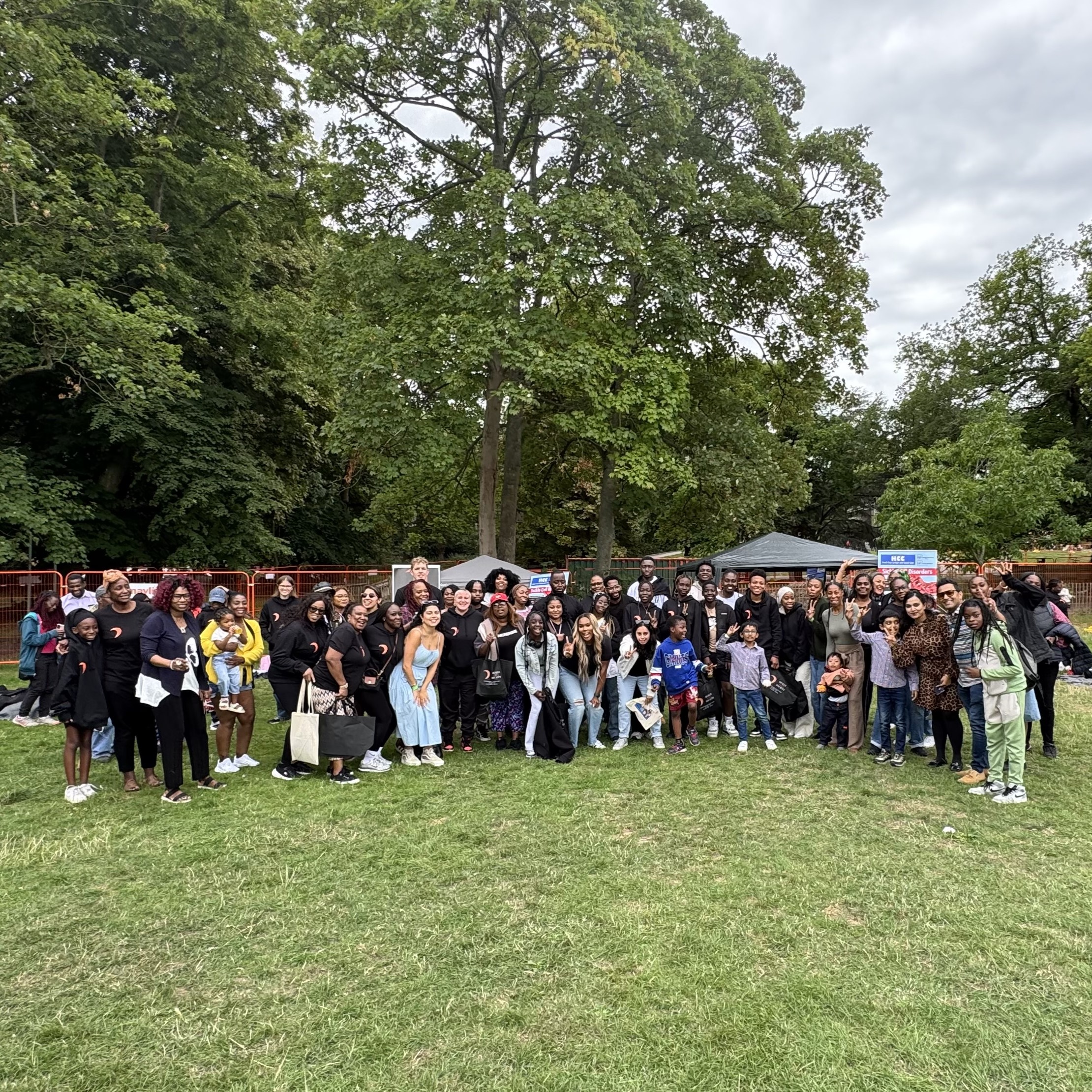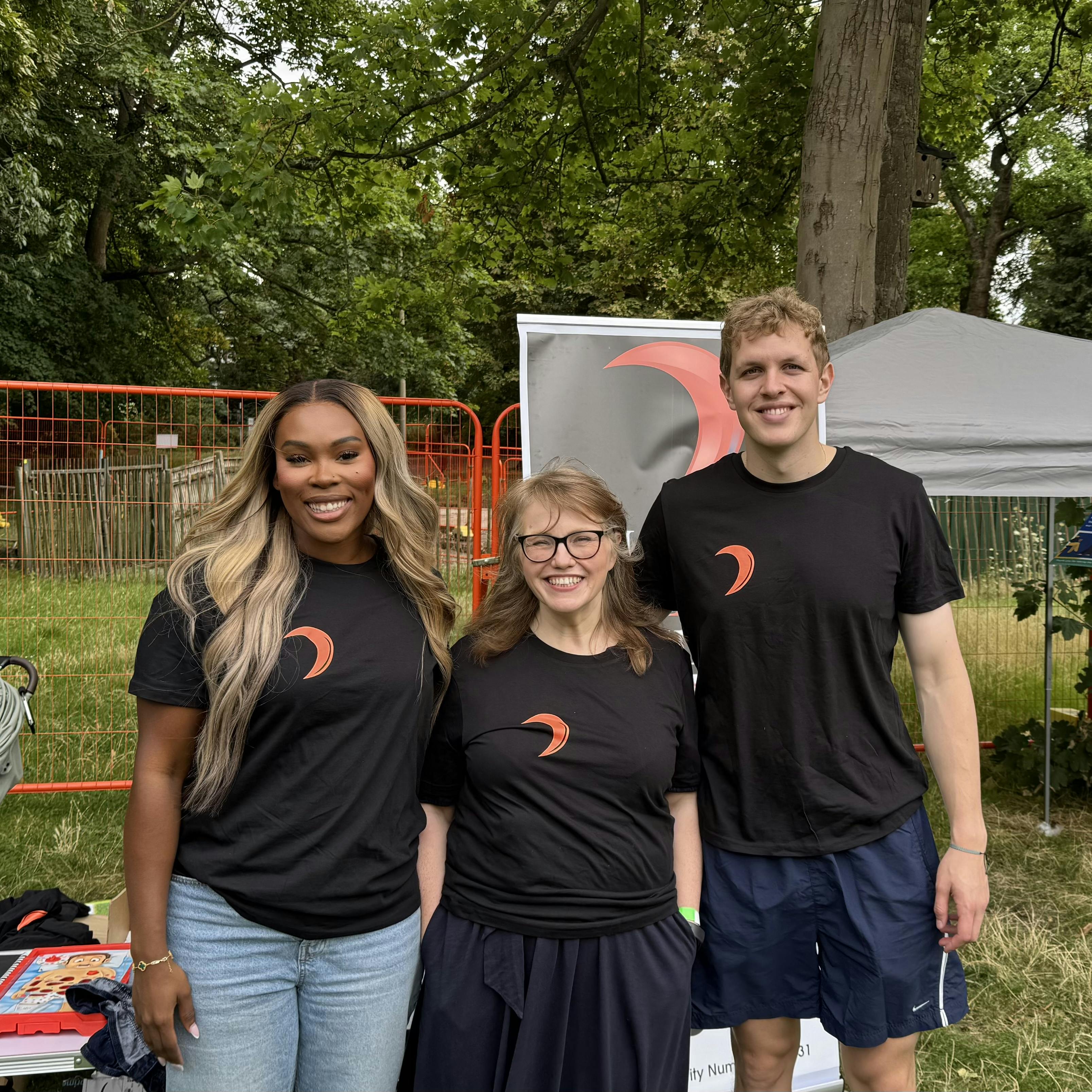Enhancing sickle cell community care across South East London
Sickle cell disorder can be a very challenging condition to live with. In south east London, the team has been working hard to improve the care available for everyone with sickle cell. Our work is part of a wider initiative across the capital, the London Sickle Cell Improvement Programme.
We focussed the work on:
- making changes to community care
- making patient information accessible and digital on the Universal Care Plan
- setting up sickle cell emergency bypass units.
Over the last year we set up the enhanced sickle cell community care pilot. The community-based service is designed to provide greater support for people of all ages with sickle cell disorder in south east London. This service has been rolled out across all six boroughs: Bexley, Bromley, Greenwich, Lambeth, Lewisham and Southwark. There are three community clinic locations across south east London.
How we listened to people with lived experience
The feedback collected via a patients survey and also the existing insights from people living with sickle cell guided our approach on enhancing community services. Thank you to those who completed our survey on previous experiences of sickle cell community services. The information you gave helped us to adapt and improve our service to suit your needs.
| You said | We did |
|---|---|
| |
| |
| |
| |
|
Some of the feedback from clinics
“I saw the dietician and met the team I had a great time. This is much needed. I feel it will really help generations to come and those who are older living with Sickle Cell.”
“The team were efficient, effective and very respectful of me during the appointment as I was really ill during my appointments. They made sure that I received an updated care plan and sent the medication I needed within a week. This has seriously improved my overall health and mental health. The follow up has been very helpful and I feel seen.”
Read more about team community engagement approach and progress by clicking the link here.
What happens next?
We are in the process of collecting detailed feedback via surveys and evaluation matrix to capture insight form patients and carers using the new improved community services and the insights will guide our next steps and evaluate the impact of the services in people’s with sickle cell lived experience lives.









